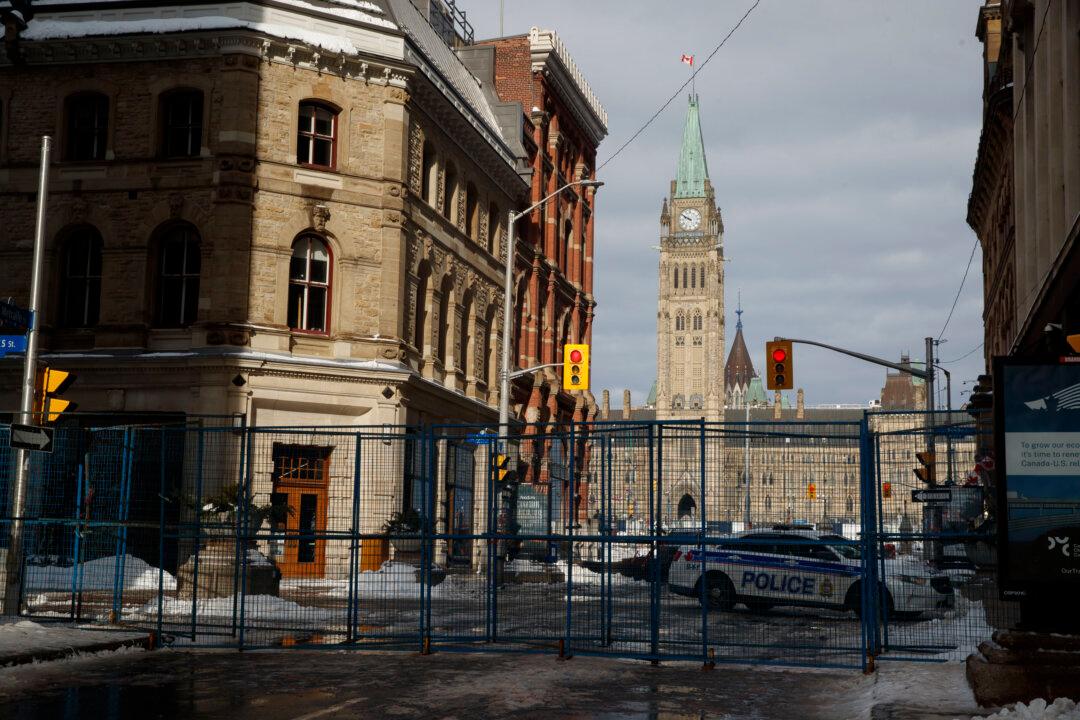A group involved in the protest against COVID-19 mandates in Ottawa is asking a court to put the breaks on the government’s use of the Emergencies Act to clamp down on demonstrators.
In submissions to the Federal Court on Feb. 18, Canadian Frontline Nurses (CFN) and its member Kristen Nagle are seeking an injunction to stay the Liberal government’s use of the Act and associated measures while their full case plays out in court.





